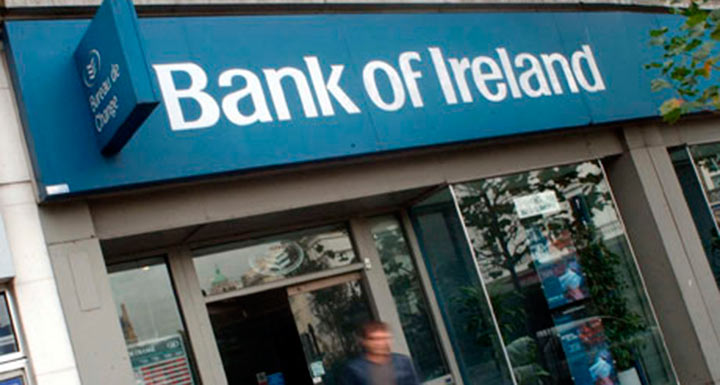
Bank of Ireland stops transfers to Cuba due to U.S. embargo
Irish people trying to use an Irish bank to transfer money to people living in Cuba are being blocked from doing so as a result of a United States embargo on the Caribbean country which has been in place for more than 50 years.
Although neither the Republic nor the EU has any restrictions on trade with Cuba, and despite the UN General Assembly passing resolutions condemning the embargo, Bank of Ireland has started to block all financial transfers in recent weeks because of a business relationship with a U.S. bank.
Under the U.S. trade embargo, which has been in place since Fidel Castro overthrew a pro-US regime in the early 1960s, Americans banks are forbidden from processing payments from Cuba or even facilitating the making or receiving of such payments.
Jurisdictions
 While such transfers are commonplace in other jurisdictions – and are still permitted by other Irish banks – Bank of Ireland has changed its rules on such transfers since the introduction of the Single European Payment Area (Sepa) and is now refusing to process them.
While such transfers are commonplace in other jurisdictions – and are still permitted by other Irish banks – Bank of Ireland has changed its rules on such transfers since the introduction of the Single European Payment Area (Sepa) and is now refusing to process them.
In a statement the bank confirmed it would no longer facilitate the transfers, and said it depended on overseas banks for the processing of national, European and international transactions under the Sepa umbrella.
“As it happens, [the bank which processes] all Sepa transactions is a leading US bank who must comply with its own regulatory requirements and obligations and to avoid a possible exposure to regulatory sanctions and penalties,” a spokeswoman said.
Because of this the bank says it is “not in a position to process such transactions”.
The national co-ordinator of Cuba Support group Simon McGuinness said: “On the one hand we have the EU voting as a single bloc against the blockade and on the other they introduced financial regulations which facilitate it.”

